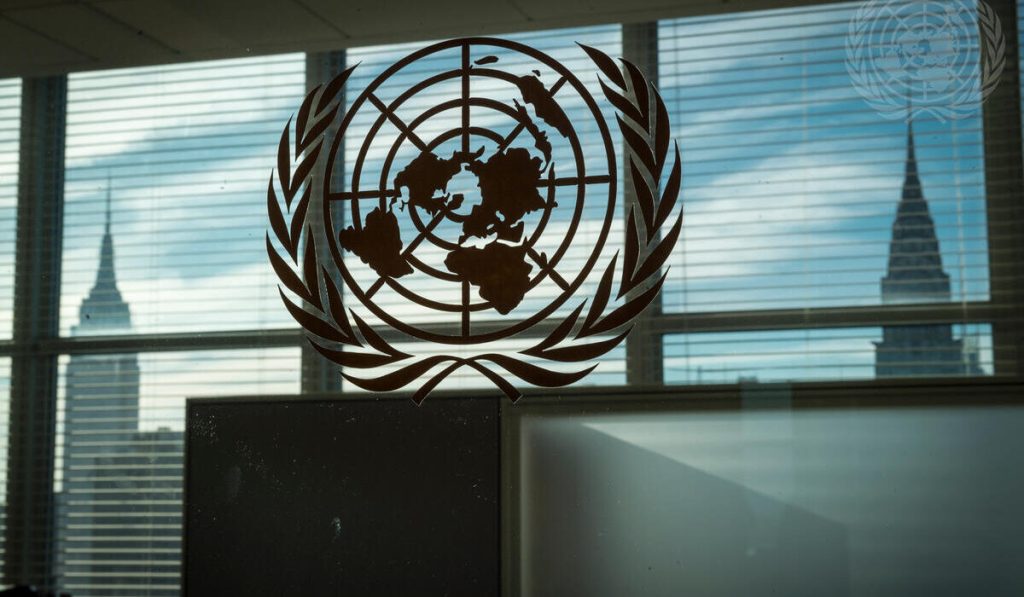The United Nations will persist in engaging with all parties in Afghanistan, including the Taliban, while advocating for human rights and equality, said the UN spokesperson.
This commitment follows the Taliban’s rejection of U.N. criticism regarding a newly enacted strict morality law and their threat to stop cooperating with the U.N. Assistance Mission in Afghanistan (UNAMA).
Earlier, the Taliban announced they would no longer work with UNAMA after the mission condemned the new law as a “distressing vision” for Afghanistan’s future.
U.N. spokesperson Stéphane Dujarric said that the organization will “continue to engage with all stakeholders in Afghanistan, including the Taliban,” adhering to its Security Council mandate. He highlighted that the U.N.’s work is driven by principles of impartiality, good faith, and a strong commitment to human rights and equality, and urged the Taliban to “open more avenues for diplomatic engagement.”
The recently adopted “Law on the Promotion of Virtue and the Prevention of Vice” has faced widespread international condemnation. The law imposes severe restrictions, such as requiring women to cover their entire bodies, banning women’s voices in public, and further limiting their movement without a male guardian. It also enforces strict rules for men, including mandatory beard growth and bans on playing music while driving, and imposes severe restrictions on media outlets, including bans on publishing images of individuals.
The law grants broad powers to state officials to detain and punish individuals for alleged moral crimes, often based solely on suspicion without evidence or due process.
U.N. human rights experts have warned that the law signifies a major setback for human rights in Afghanistan, reminiscent of the Taliban’s rule in the 1990s. They have called on international actors, particularly U.N. Member States, to develop a coordinated strategy focused on human rights, especially women’s rights and gender equality. These independent experts, appointed by the Geneva-based Human Rights Council, monitor and report on specific human rights issues and are not salaried by the U.N.
Despite the Taliban’s threats, the U.N. remains committed to its mission in Afghanistan, continuing its efforts to uphold the rights and dignity of all Afghans under challenging conditions.


